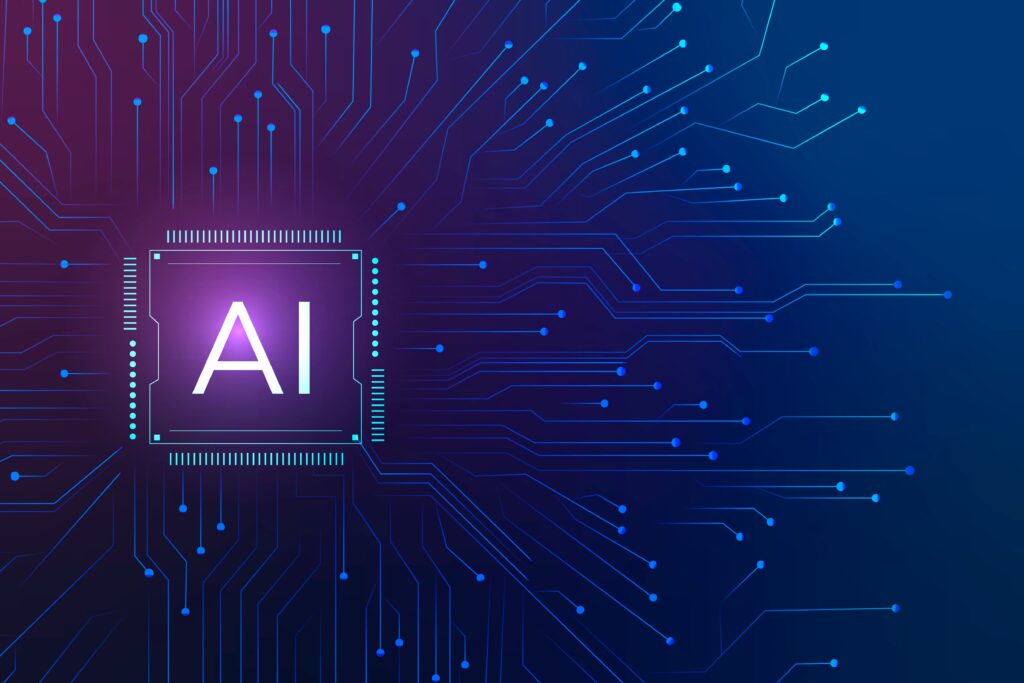
Artificial Intelligence (AI) is becoming an essential part of our everyday lives. From the voice assistants on our phones to personalized recommendations on social media, AI is everywhere. But what exactly is AI, and how does it work? In this blog, we’ll give you a simple and easy-to-understand overview of AI, its uses, benefits, and potential future.
What is Artificial Intelligence?
AI refers to the ability of machines to perform tasks that typically require human intelligence. These tasks can include learning, problem-solving, language processing, and even recognizing patterns. AI systems are designed to mimic human behaviors but with greater speed and accuracy.
Types of Artificial Intelligence
Narrow AI (Weak AI): This is the most common form of AI. It is designed to perform a specific task, such as voice recognition or playing a game. For example, Siri and Google Assistant are examples of narrow AI.
General AI (Strong AI): This form of AI is hypothetical and aims to perform any intellectual task that a human can do. We haven’t achieved general AI yet, but researchers are working toward it.
Superintelligent AI: This concept goes beyond human capabilities, where machines could potentially outperform humans in every aspect, from creativity to problem-solving. While still theoretical, this type of AI is often featured in science fiction.
How Does AI Work?
AI systems work by processing large amounts of data and using algorithms to find patterns. These algorithms allow AI to learn from data, make decisions, and improve its performance over time. This process is often referred to as machine learning. More advanced AI systems use deep learning, which mimics the neural networks in the human brain.
Real-Life Applications of AI
- Healthcare: AI helps in diagnosing diseases, predicting patient outcomes, and even performing surgery with robotic assistance.
- Finance: AI is used in fraud detection, credit scoring, and personalized financial planning.
- E-commerce: AI powers product recommendations, personalized shopping experiences, and customer support chatbots.
- Entertainment: Platforms like Netflix and YouTube use AI to suggest videos based on user preferences.
- Self-driving Cars: AI enables autonomous vehicles to navigate and make driving decisions based on real-time data.
Benefits of AI
- Efficiency: AI systems can process and analyze data faster than humans, making tasks more efficient.
- Accuracy: AI can reduce human errors in tasks like data entry or diagnosis in healthcare.
- Personalization: AI allows companies to offer personalized experiences to their users, improving customer satisfaction.
- Automation: AI automates repetitive tasks, freeing up human workers for more complex and creative work.
Challenges of AI
- Job Displacement: As AI continues to automate tasks, there is a growing concern that some jobs may become obsolete.
- Ethical Concerns: AI raises questions about privacy, security, and bias. How do we ensure AI systems are used responsibly?
- Cost: Implementing AI technologies can be expensive, particularly for small businesses.
The Future of AI
The future of AI is promising. With advancements in technology, we can expect AI to play an even bigger role in industries like healthcare, education, and transportation. However, it’s important to balance innovation with ethical considerations to ensure AI benefits society as a whole.
Key Takeaways
- AI refers to the ability of machines to perform tasks that usually require human intelligence.
- There are three types of AI: Narrow AI, General AI, and Superintelligent AI.
- AI has a wide range of applications, including healthcare, finance, entertainment, and self-driving cars.
- While AI offers many benefits, it also presents challenges, such as job displacement and ethical concerns.
